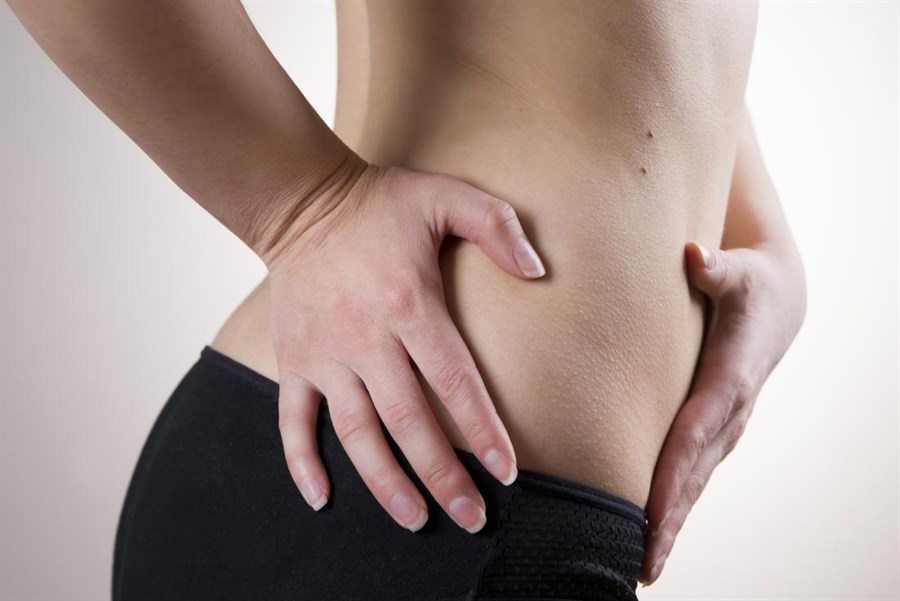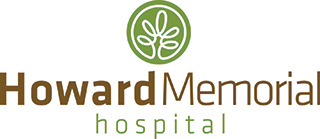Blog
Pass On the Pain
5 Tips to Avoid Kidney Stones

The infamous kidney stone: Anyone who has suffered from them in the past knows the pain they can cause. Indeed, anyone who knows anyone who has suffered from them knows the pain they can cause. Kidney stones occur when urine contains more crystal-forming substances (calcium, oxalate and uric acid) than the fluid in your urine can dilute. Symptoms include severe pain in the side and back, pain that radiates to the lower abdomen and groin, pain that comes in waves and fluctuates in intensity, pain when urinating, discolored and/or foul-smelling urine, nausea, and the persistent need to urinate.
Although there’s no sure way to prevent kidney stones, there are steps you can take to minimize your risk of getting them. Here are 5 of our favorites:
1. Drink, drink, drink (water). Drinking water and staying hydrated is one of the best things you can do to reduce your risk of getting kidney stones. Raise a glass of water to living kidney stone free!
2. Cut the caffeine. Coffee and other caffeine-laden foods and beverages are a no-no. Kidney stones love caffeine, so avoid it when possible.
3. Know your history. This won’t prevent kidney stones, but at least you can know your risk. Kidney stones tend to run in families, so ask your relatives. If a lot of your nearest and dearest have suffered from kidney stones, there’s a good chance you will, too.
4. Think “green” but skip spinach. Eating dark, leafy green vegetables like spinach is linked to higher occurrences of kidney stones. That’s because spinach and its relative Swiss chard contain a lot of oxalate, which has been shown to aid in the creation of kidney stones. Try kale instead! Or be sure to take your spinach with dairy. The calcium from dairy will bind to the oxalate and help it pass through your body.
5. Exercise, exercise, and exercise. You guessed it: Another reason to stay physically fit. Exercise, as well as avoiding excess weight, helps reduce the risk of kidney stones.
Want to learn more? Think you may be at risk? Make an appointment with a Howard Memorial Hospital primary care provider today.
Posted in: Health